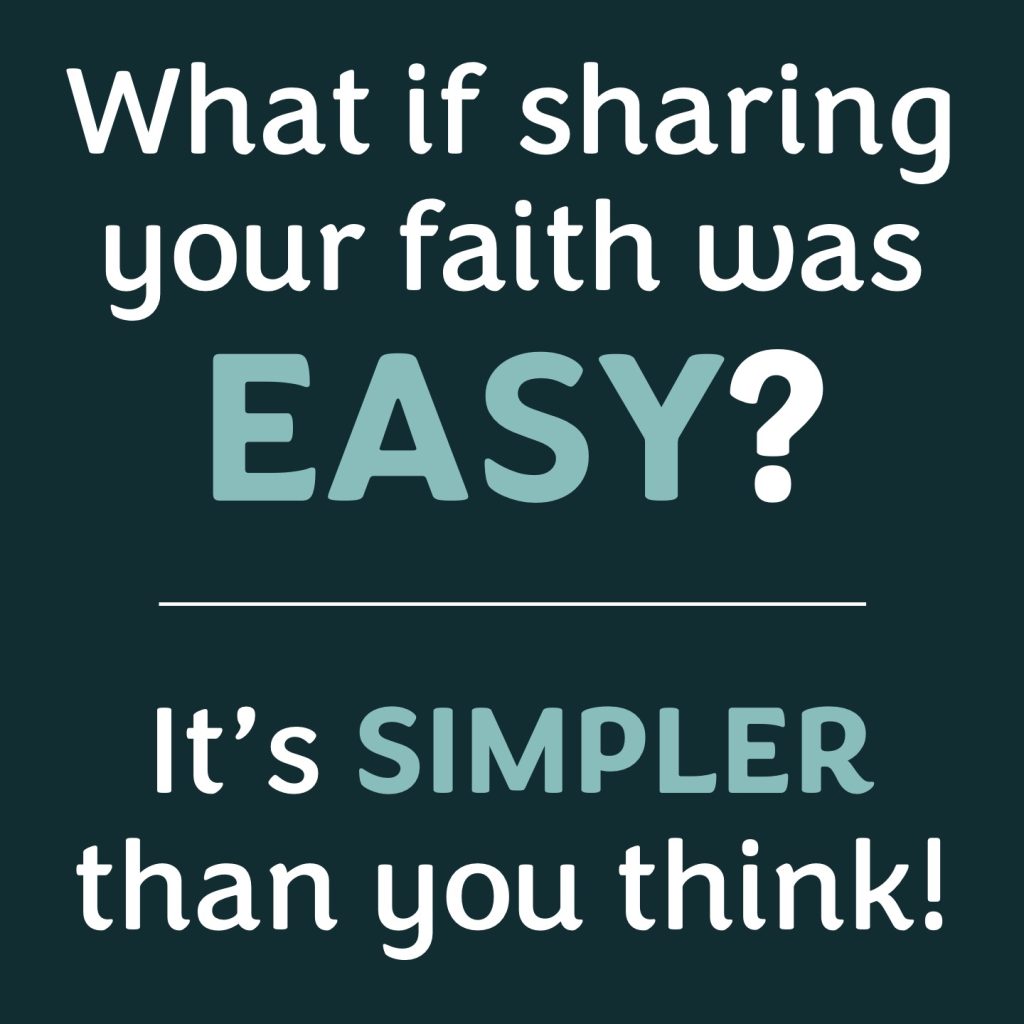Best Intentions
 Reading Time: 4 mins
Reading Time: 4 mins
Everyone understands the gap between intentions and actions. From the woman working on the forty-fifth floor of a New York City skyscraper to the Amazonian tribesman, hunting for his next meal in the rainforest, this is a universal struggle. I, as I write this, need to mow my lawn. I know I need to mow my lawn. My wife knows I need to mow my lawn. My neighbors know I need to mow my lawn. And if that’s not bad enough, my eight-year-old who, judging by the current state of his room, has absolutely no organizational standards, told me, “Dad, you really need to mow the lawn.” I even woke up this morning intending to do just that! And yet, the lawn remains a suburban jungle.
Scripture actually captures this human tendency in the book of Matthew.
Then [Jesus] returned to His disciples and found them sleeping. “Couldn’t you keep watch with me for one hour?” He asked Peter. Watch and pray so that you will not fall into temptation. The spirit is willing, but the flesh is weak.”
Matthew 26:40-41
Jesus, here, is experiencing one of the most intense moments of His human life. He’s about to begin the long, grueling process that will lead Him straight to the cross. Of all the moments Jesus’ best friends should have followed through, this was the most important. And yet, we find them asleep instead of keeping watch and praying, as Jesus asked. The spirit, the internal voice, the intentions of our hearts may very well be willing.
Maybe you, like me, go to a local church, and as you sit there listening to the pastor teach the Word of God, you begin to plan out your week. You’re going to wake up early and read Scripture. You’re going to make sure to pray with your spouse, kids, coworkers, or friends. You’re going to flip the radio station from alternative pop to the Christian station that plays worship songs. You’re gonna, you’re gonna, you’re gonna. Trust me, I am right there with you. The spirit and the heart are truly willing.
And it’s not just church stuff. I already mentioned silly things like mowing the lawn. I head to bed completely determined to wake up and do it but find literally dozens of excuses not but eight hours later. We get motivated, excited, and challenged to do things that we tell ourselves we want to do, but when the time comes, we let them completely flop or fall by the wayside.
Well, it’s here, right in the middle of this tendency, that we begin to understand our natural avoidance of the Great Commission.
Then Jesus came to them and said, “All authority in Heaven and on earth has been given to me. Therefore, go and make disciples of all nations, baptizing them in the name of the Father and of the Son and of the Holy Spirit, and teaching them to obey everything I have commanded you. And surely I am with you always, to the very end of the age.”
-Matthew 28:18-20

This passage is used in quite possibly every sermon, teaching, study, and book that has anything to do with evangelism. When it comes to sharing the gospel with those who are lost, it can be hard to find a clearer passage. And when it comes to the personal faith of those who claim to be Christ-followers, no command could be clearer. Jesus said it Himself: “Go make disciples!” Take the life-changing news of what Christ has done and tell everyone you know! Tell the cashier at the grocery store, tell your kids’ teacher, tell your neighbor, yes, even the neighbor who has that political yard sign you disagree with. It’s a command from Jesus Christ! That seems kind of important, don’t you think?
When you think about it, this should all be really simple. If we believe the gospel is truly good news, and if we truly love Jesus, and if Jesus has commanded us to share this amazing news with others, this should be a slam dunk! And yet… See what I mean about those dang intentions?
It doesn’t matter how much logical sense it all makes. It doesn’t matter if we know the gospel backwards and forwards. It doesn’t matter if we’ve been challenged, encouraged, or even commanded to share it with others. We’re still fighting the same battle against our intentions. The spirit is willing, but the flesh is weak.
So, we’ve identified quite the problem, haven’t we? We may know the gospel. We may know people who need to hear the gospel. We may even have a deep desire to share the gospel with those people. But we’re paralyzed. Well, friends, we’ve just defined what I like to call a “gospel gap.” A gospel gap is the distance between the knowledge that someone is lost and the action required to bring that person the gospel message. In short, gospel gaps are the fears and hesitations that stop us from sharing the gospel no matter how much we may want or intend to.
This series is designed to do lots of things, but mainly to help Christ-followers understand and overcome these gaps in their lives. I think it’s important to regularly identify why we avoid sharing the gospel, then find Christ-centered, biblical ways to overcome our fears and hesitations. Only then can we begin to close the gap between our intentions and actions. Stick with us as we dig deeper into specific gospel gaps in the next few posts, and be in prayer, letting God bring your own fears and hesitations to the surface as we walk this road together.
